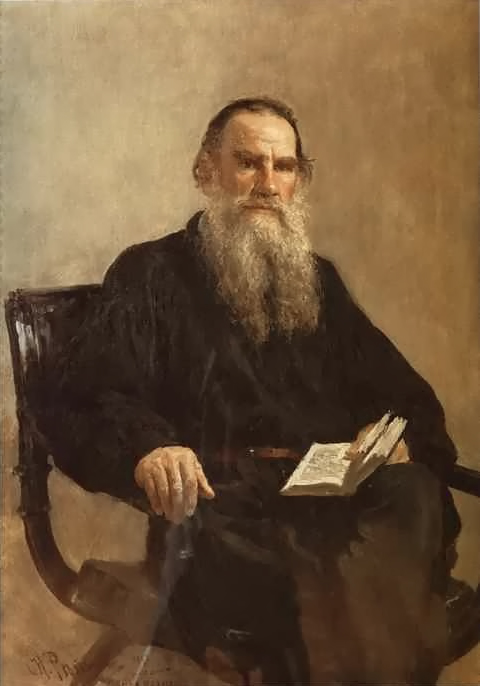The peace movement in Europe gradually changed from a movement to unite European Christians against the Turks to a more total rejection of war with the radical reformation and the incorporation of pacifism into Anabaptist teachings. While Erasmus and other humanists may have had some influence on the Anabaptists in this regard, the matter is disputed by historians. In his Anabaptist History and Theology: An Introduction (Kitchener: Pandora Press, 1995), C. Arnold Snyder writes: "It may be that humanism helped form the pacifism of the Zürich Anabaptists, but if this was the case the lines of influence are no longer discernible." (57) At any rate, Erasmus was not a pacifist in the strict sense, since he allowed the necessity of defensive war, particularly against the Turks.
Like Luther, the Anabaptists tended to view the attacks on Europe by the Turks as a divine punishment. Austrian Anabaptists refused to pay war taxes for the campaign against the Turks, and were burnt at the stake in response. Hans Hut hoped that the Turks would execute God's vengence on the powerful, and Melchior Hoffman and Ursula Jost also viewed the Turks and instruments of divine vengence. (See Snyder, 155, 170, 194). Erasmus also argued that if the Christians were to rid themselves of the Turks, they must themselves cast out their "Turkish vices." (See Fred Dallmayr, Peace Talks: Who Will Listen? (Notre Dame: University of Notre Dame Press, 2004), 28.)
A Biblical pacifism was defended by Conrad Grebel in a letter to Thomas Müntzer in 1524 and by Felix Mantz a couple years later. But not all early Anabaptists were strict pacifists. Aside from Müntzer's abberation, Balthasar Hubmaier actively supported the peasant rebellion of 1525 in Waldshut. Pacifism became codified in the sixth article of the Schleitheim Confession written by Michael Sattler in 1527, part of which reads (in John Howard Yoder's translation): "Lastly, one can see in the following points that it does not befit a Christian to be a magistrate: the rule of the government is according to the flesh, that of the Christians according to the spirit. Their houses and dwelling remain in this world, that of the Christians is in heaven. Their citizenship is in this world, that of the Christians is in heaven (Phil. 3:20). The weapons of their battle and warfare are carnal and only against the flesh, but the weapons of Christians are spiritual, agains the fortification of the devil. The worldly are armed with steel and iron, but Christians are armed with the armor of God, with truth, righteousness, peace, faith, salvation, and with the Word of God."
Here the idea seems to be that peace should be obtained through the proper understanding of the gospels.












